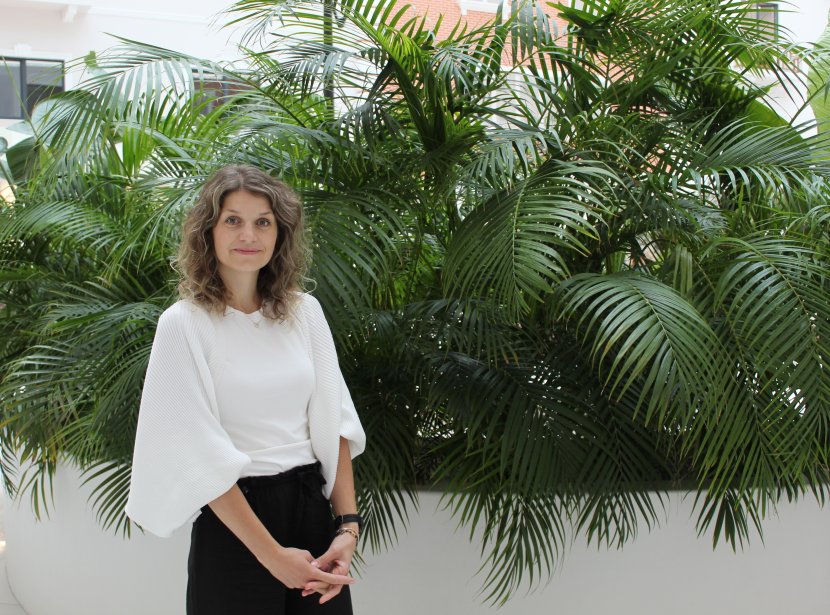Her work, like that of her colleagues, is anything but stereotypical. A psychologist's day may include psychodiagnostic evaluations, individual psychotherapy, crisis intervention, conducting group therapy or psychoeducational sessions in which she helps patients name and learn about their difficulties and teach them how to manage them better.
"What I love most about working at CDR is the people and their willingness to actively participate. In addition to psychologists, our team includes therapists, social workers or nurses who have psychotherapy training. It is wonderful to be part of how the different professions interact and work closely together," says psychologist Mgr. Veronika Lechovská adds that there is mutual respect and openness among the staff. This is also perceived by patients and increases their comfort during hospitalisation.
Moreover, the psychologist's work also differs according to the department in which he or she works. When working in the CDR, she encounters all types of patients, whether they are treated as outpatients, admitted to the acute or psychotherapy ward, or admitted to the inpatient ward. In order for psychologists to gain as much experience as possible, it is necessary for them to rotate regularly between wards. "With new colleagues, I always try to map out which area the psychologist is closest to, which group he or she works best with, and where he or she can best apply his or her existing training and experience," he explains about working with the team.
The psychology team at CDR is largely made up of young, aspiring psychologists and Veronika Lechovská believes that she has managed to create an ideal background for both fresh graduates and experienced psychologists with experience. "We try to work a lot with young colleagues and provide them with professional and human support. We want younger colleagues to be able to lean on the more experienced ones," Lechovská emphasises, adding that support in education is a matter of course, whether it is recommending courses suitable for their practice, providing psychodiagnostic seminars, or even a financial contribution to educational activities. In addition, psychologists at all stages of their professional life have the opportunity to benefit from supervision, both group and individual.
Thus, not only young psychologists have the opportunity to gain experience in many different fields in a friendly and modern environment at CDR. "I personally enjoy the opportunity to do modern psychology in a way and approach that is close to Western medicine," Lechovská praises.
And what does she think makes a good psychologist? "The most important thing is humility, towards oneself, and towards the whole field. Every psychologist should be aware of his or her own limits and that he or she is not infallible, and that it is necessary to constantly educate and develop oneself, but also to have a healthy confidence in oneself. The path to this is not always easy, we all have doubts and it is okay, that is why what makes a good psychologist for me in the end is the fact that they can take good care of themselves, relax and allow themselves not to be perfect," concludes the psychologist.














